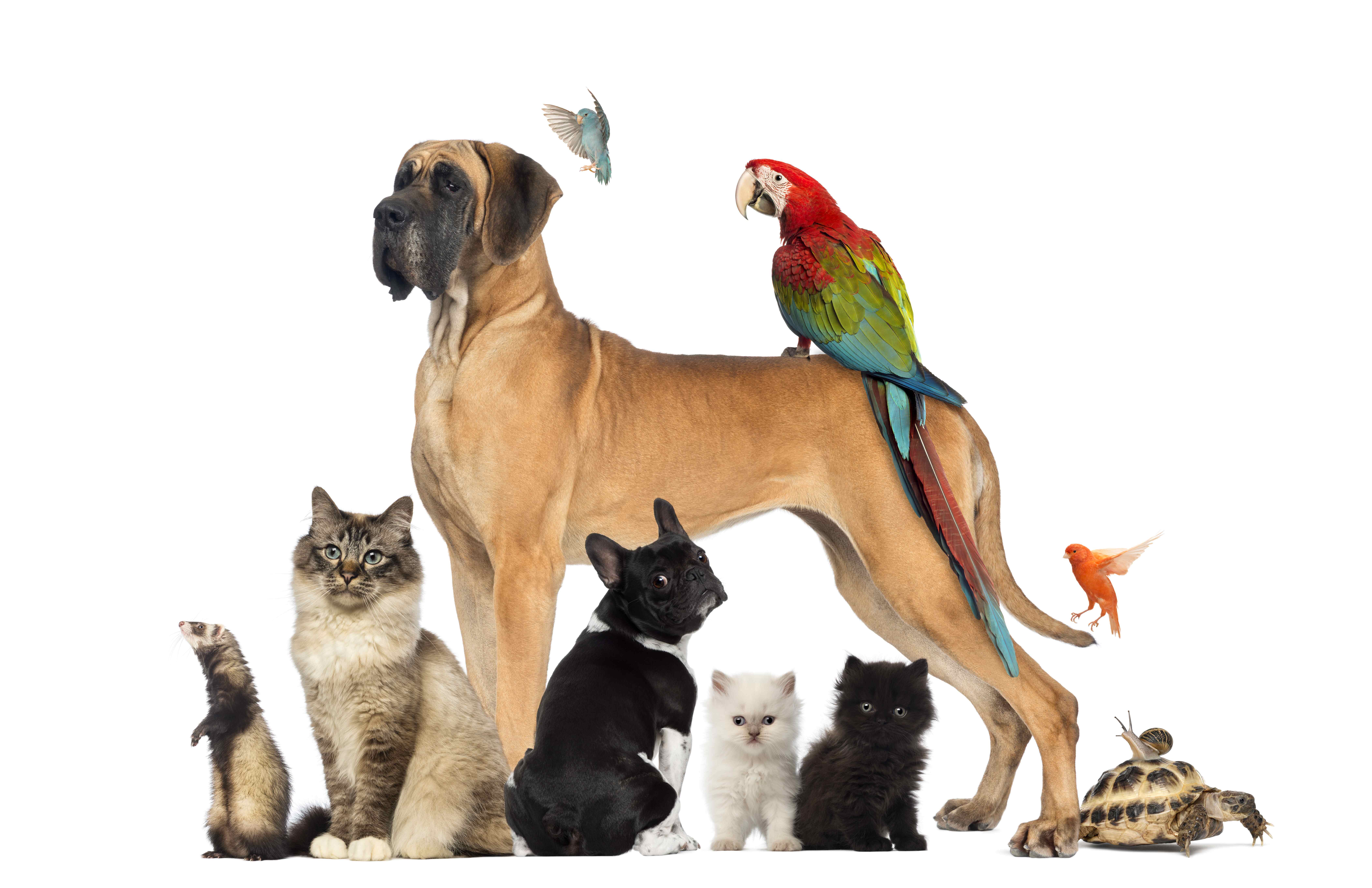This Soft And Cuddly Pet May Be A Godsend For Those With Special Needs

9.06 BW Nonlead - Published
https://www.barkandwhiskers.com/2017-02-28-nl-best-pet-for-children-with-autism/
https://www.barkandwhiskers.com/p/59b76e17-ed00-4939-99d6-9c622f2d48f7/
By Dr. Becker
The Missouri University (MU) Research Center for Human-Animal Interaction (ReCHAI) is hoping to raise funds to study the potential benefits of kitty companions for children with autism.
Since cats are quiet and soft, the researchers believe they could be wonderful companions for children on the spectrum.
Prior research suggests that the presence of certain animals, including dogs, pigs, guinea pigs and even tarantulas, can help autistic children in a variety of ways. Pets provide stress relief and companionship. They also help kids learn responsibility and improve social skills.
The MU ReCHAI program is called Feline Friends, and the goal is to raise $29,000, which would allow researchers to visit animal shelters and identify calm and friendly cats that would be good candidates as pets for autistic kids.
The money would also help families participating in the study pay for supplies such as cat food, litter and litterboxes, toys and crates.
The families will adopt the cats, and the researchers will evaluate the impact of the new pets on the kids and their parents. The overall objective of the project is to give families with autistic children better research-based information when choosing a family pet.
Assessing the Cats' Temperaments
Since cats have highly individual personalities and behaviors, the ReCHAI researchers will assess each potential kitty’s temperament before assigning them to the study.
One of the tools they plan to use is called the Homeward Pet Cat Temperament Survey, which was developed by a professor at the University of California, Davis. The survey measures a cat’s behavior in the areas of playfulness, vocalization and hostility toward people and other cats.1
The age of prospective cats will also be considered, since the researchers believe kitties between the ages of 9 months and 3 years would be best for the study. By about 9 months, a cat’s adult temperament becomes evident; cats under 3 years of age tend to be more playful and accepting of a new environment.
A Dog Isn't Always the Best Choice for Every Child With Autism
The MU researcher heading up the Feline Friends project is Gretchen Carlisle, a post-doctoral fellow at ReCHAI. Not long ago, Carlisle conducted a small study of dog ownership in families of children with autism.2
For her study, Carlisle interviewed 70 parents of children with autism who were being seen at MU's Thompson Center for Autism and Neurodevelopmental Disorders. Of the 70, about two-thirds owned dogs.
Of the dog owners, the overwhelming majority (94 percent) believed their autistic children were bonded to their pets, and many reported they consciously chose to get a dog to benefit their child with autism. Even the parents without dogs said their children with autism liked dogs.
"Children with autism spectrum disorders often struggle with interacting with others, which can make it difficult for them to form friendships,” says Carlisle.
"Children with autism may especially benefit from interacting with dogs, which can provide unconditional, non-judgmental love and companionship to the children".3
However, she feels a dog may not always be the best animal companion for every child with autism. Some of these youngsters have a sensory sensitivity to noise, for example. If a dog suddenly starts barking, it can be very upsetting for them.
Dogs can also be more "in your face," according to Carlisle, and are often much larger and therefore more intimidating than cats.4
Cats in Families of Children With Autism May Not Be Getting Their Due
Carlisle believes the decision to bring a pet into the home of a child with autism should be thoughtful. "It’s really important for (children with autism) to get that match," she said. "We want the benefits to outweigh the burdens."
Interestingly, in her study of families with autistic children, Carlisle found no statistically significant proof that the presence of a pet dog improved the child’s social skills. However, in families with any kind of pet, including cats, improvement in the child's social interaction did prove statistically significant.
Since there are several million more kitty companions in the U.S. than dogs, Carlisle wondered if feline companions could be making the difference in families of autistic children. That's a question she hopes to answer through the Feline Friends project.
Families with an autistic child face significant challenges and tremendous stress that causes them to more often “grasp onto things that may or may not be true or helpful,” according to Carlisle. “We want to provide them more scientific evidence to help them make a better choice,” she says.
Related Articles:
 Online Resource for Research Into the Human Animal Bond
Online Resource for Research Into the Human Animal Bond Animals Provide Astonishing Benefits for Emotional and Mental Health
Animals Provide Astonishing Benefits for Emotional and Mental Health

